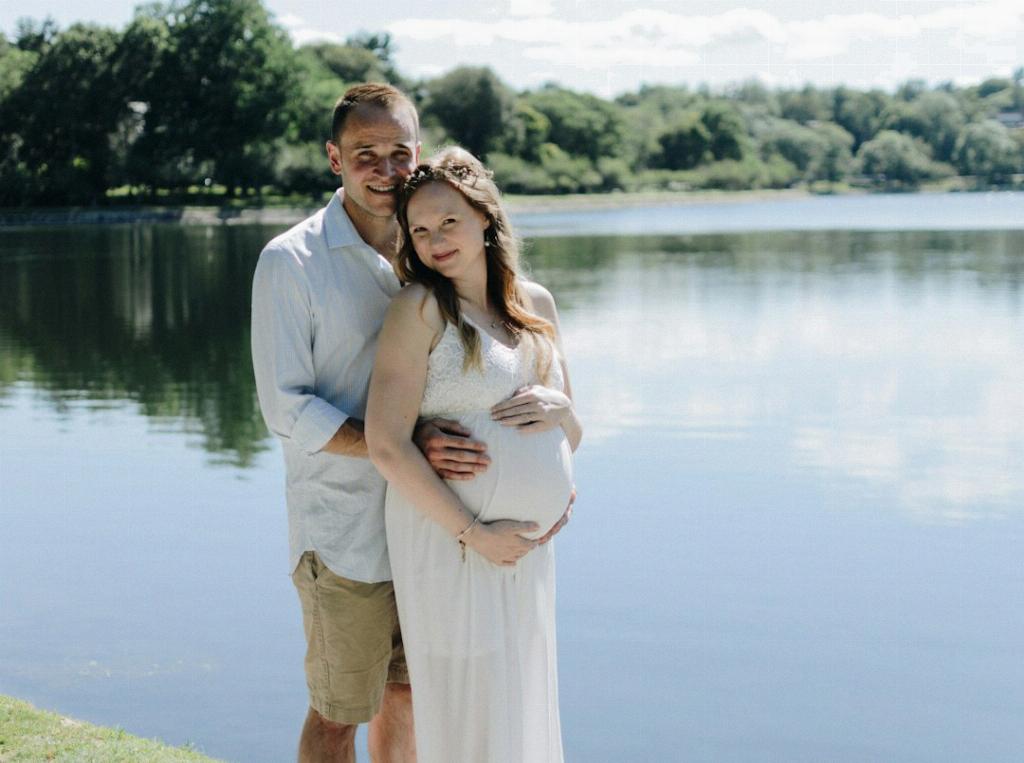Many women may find themselves contemplating the idea of starting a family later in life, typically after the age of 30. It’s important to understand that fertility is a complex topic influenced by various factors, including age, lifestyle, and overall health.
The Peak Reproductive Years
Research shows that a woman’s peak reproductive years are typically in her late teens to late 20s. During this time, the chances of conceiving naturally are generally higher, and the risks of complications during pregnancy tend to be lower.
The Impact of Age on Fertility
As women age, particularly after the age of 30, fertility starts to decline. This decline becomes more pronounced as women enter their mid-30s. The quantity and quality of eggs diminish, making it harder to conceive.
Challenges After 30
For women over 30, getting pregnant may present some challenges compared to their younger counterparts. The window of opportunity for conception naturally begins to narrow, requiring more time and effort to achieve a successful pregnancy.
Fertility After 35
After the age of 35, fertility declines at a faster rate, and the risk of complications during pregnancy, such as miscarriage and chromosomal abnormalities, increases. While it is still possible to conceive in your late 30s and early 40s, it may require more time and potentially fertility treatments.
The Role of Lifestyle and Health
Factors such as lifestyle choices, including smoking, alcohol consumption, and obesity, can also impact fertility. Maintaining a healthy lifestyle can positively influence your chances of conceiving after 30.
Consulting a Healthcare Provider
If you are considering pregnancy after 30, it is advisable to consult with a healthcare provider. They can assess your overall health, discuss any potential risks, and provide guidance on optimizing your fertility.
Options for Conception
If natural conception proves challenging after 30, there are other options available, such as assisted reproductive technologies like in vitro fertilization (IVF). These treatments can help increase the chances of successful pregnancy.
Emotional Considerations
It is essential to recognize the emotional aspects of trying to conceive after 30. Dealing with the stress and uncertainty of fertility issues can take a toll on your mental well-being. Seeking support from loved ones or a counselor can be beneficial.
Timing and Planning
For women over 30 who are considering pregnancy, timing and planning play crucial roles. Understanding your fertility window, tracking ovulation, and maintaining open communication with your partner are vital steps in the process.
Seeking Support
Don’t hesitate to reach out for support if you are facing challenges with conceiving after 30. There are resources available, such as fertility clinics, support groups, and online communities, where you can connect with others going through similar experiences.
Conclusion
While getting pregnant after 30 may present some hurdles, it is not impossible. By being informed about the factors that influence fertility, taking proactive steps to optimize your health, and seeking support when needed, you can increase your chances of achieving a successful pregnancy later in life. Remember that every individual’s journey to parenthood is unique, and there is no one-size-fits-all formula.

